Plants or Crops
All Plants or Crops Content
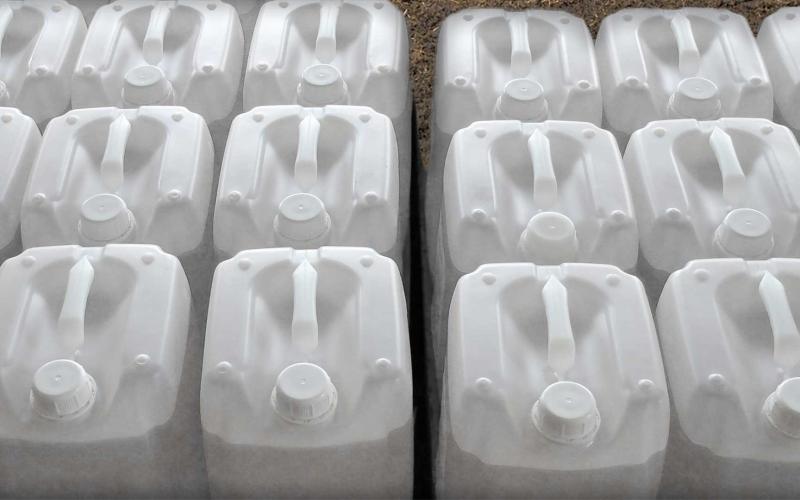
New Training Options Available for Pesticide Applicators in 2021
January 07, 2021
Join us for more information on the pesticide applicator training in 2021.
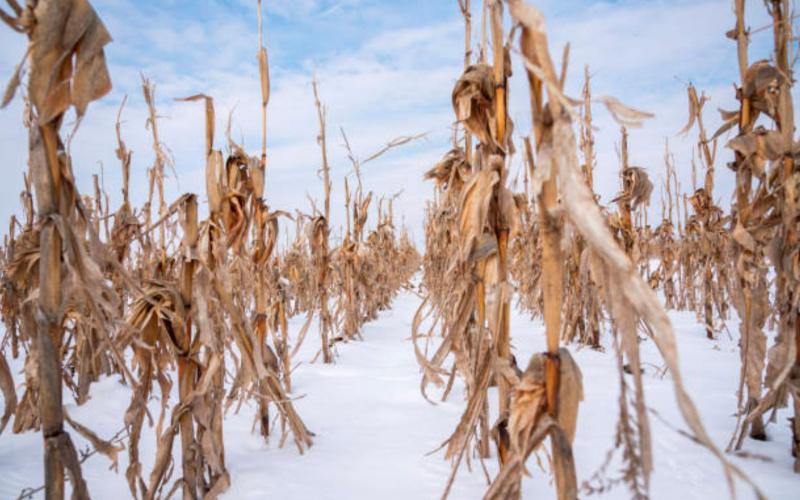
SDSU Extension Invites Growers to Take Coffee Break Online and Talk Corn
December 23, 2020
Do you have questions about corn? Join us for more information January 12 15!
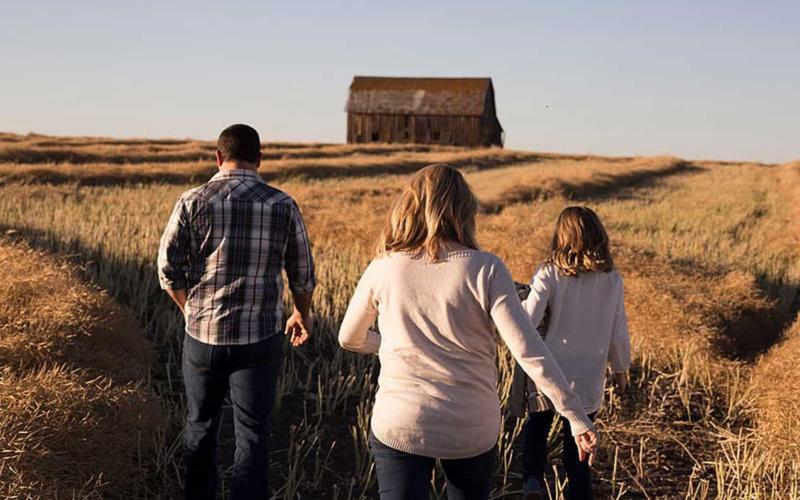
SDSU Extension to Host Another Round of Workshops for Next Generation Land Seekers
December 22, 2020
According to the USDA 2017 Census of Agriculture, one in four producers is a beginning farmer with 10 or fewer years of experience.
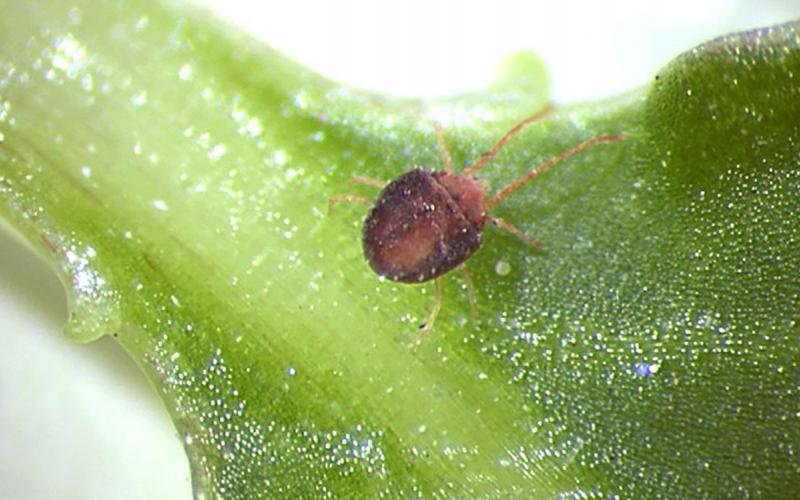
What Are Those Little Red Mites on My House?
The periods of unseasonably warm weather, especially in Western South Dakota, have temporarily brought several insects and other arthropods out of their winter hiding places. One of the arthropods getting attention lately has been the clover mite.
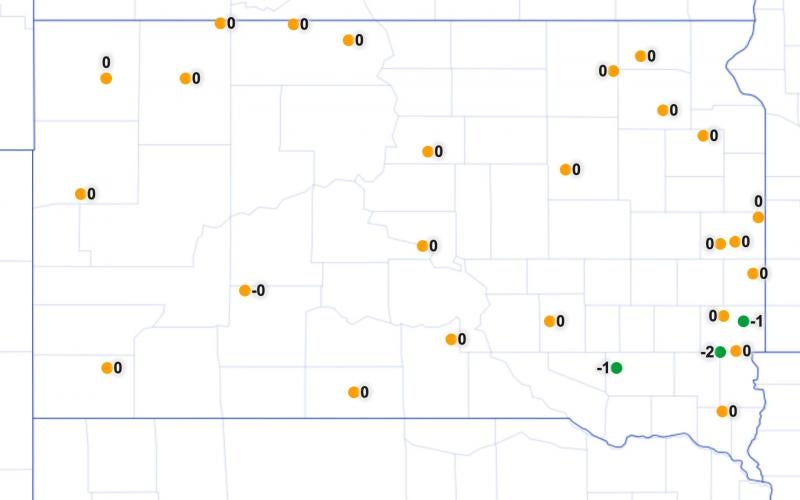
Use the SD Spray Tool for Inversion Detection and Weather for Pesticide Application
The SD Mesonet Spray Tool provides real-time weather data for pesticide applicators. This dedicated website for pesticide applicators uses the SD Mesonet weather data, which is updated every five minutes.
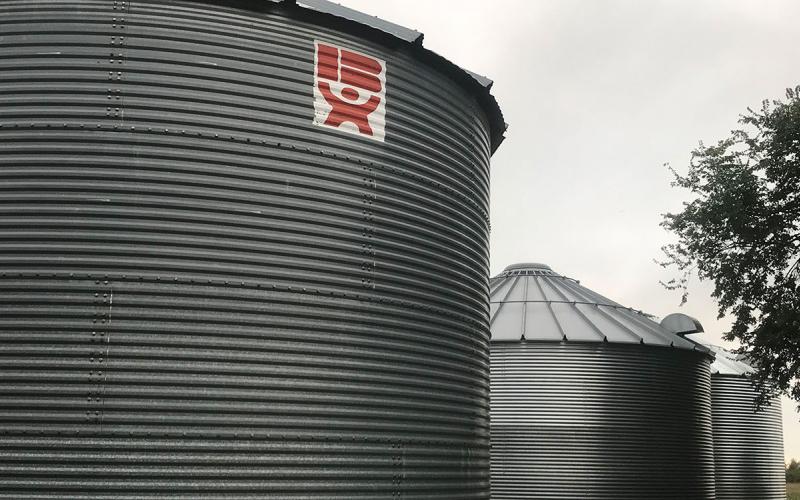
Fall Grain Storage Tips
As the temperature drops, don’t forget to check on your stored grain. Although most of the South Dakota grain harvest was sufficiently dry this year, we still need to watch grain storage temperatures and conditions.
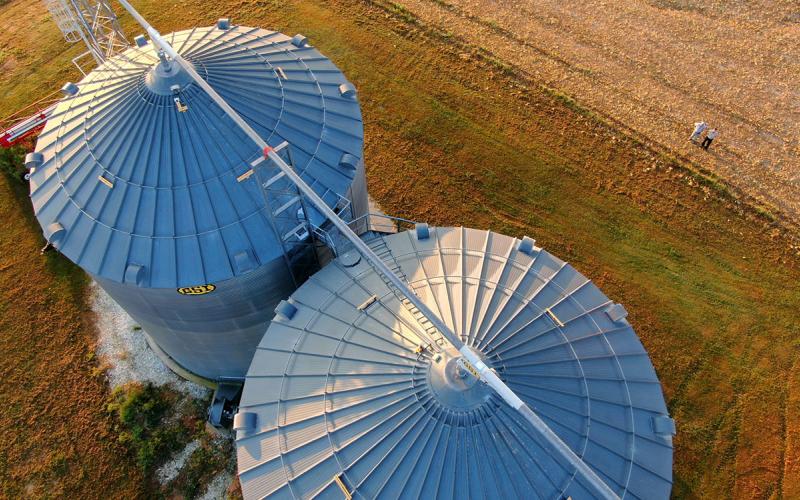
Managing Production Costs To Boost Soybean Profitability
Soybeans are one of the major crops in South Dakota in terms of both acres planted and sales values. To determine the potential to increase net profit from soybean production, individual producers are encouraged to compare their own yields and input costs with benchmark levels.
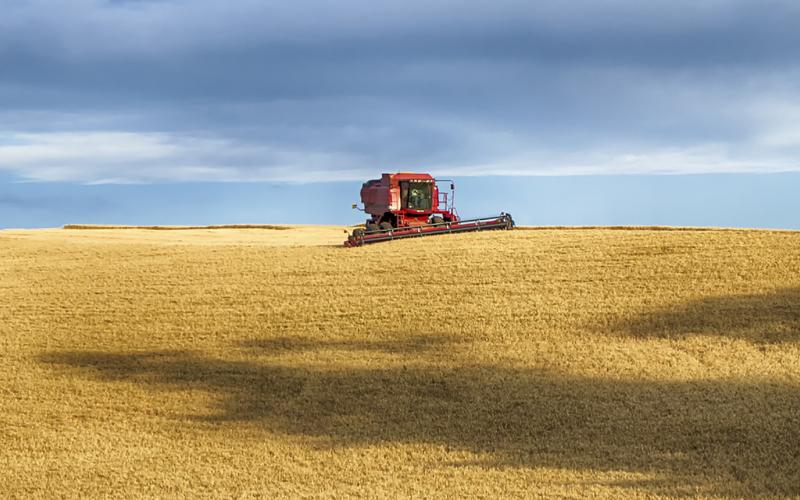
Best Management Practices for Wheat Production
The Wheat Best Management Practices manual offers a comprehensive guide for optimizing yields, maximizing profits and ensuring long-term sustainability in wheat production.
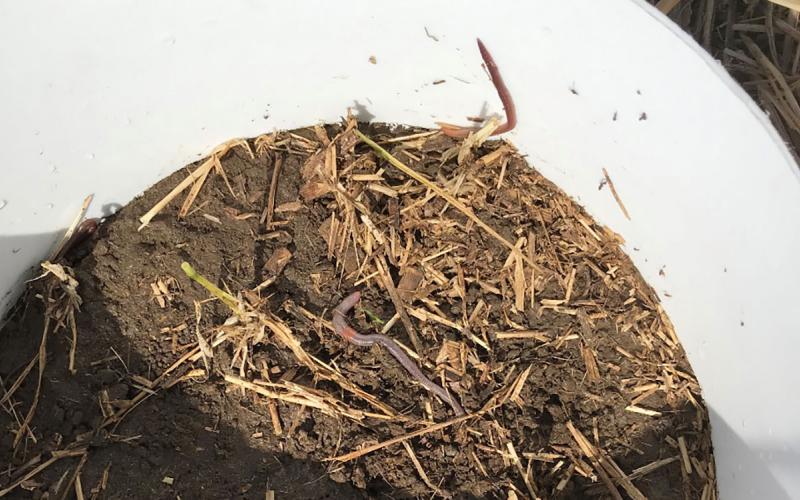
How’s Life in the Soil? Ask (Count) the Earthworms.
Earthworms are ‘very special’ creatures on earth, and their contribution in soil nutrient cycling and fertility management has been acknowledged from the beginning of agriculture. So, the question needs to be asked, how can we help improve earthworm populations?
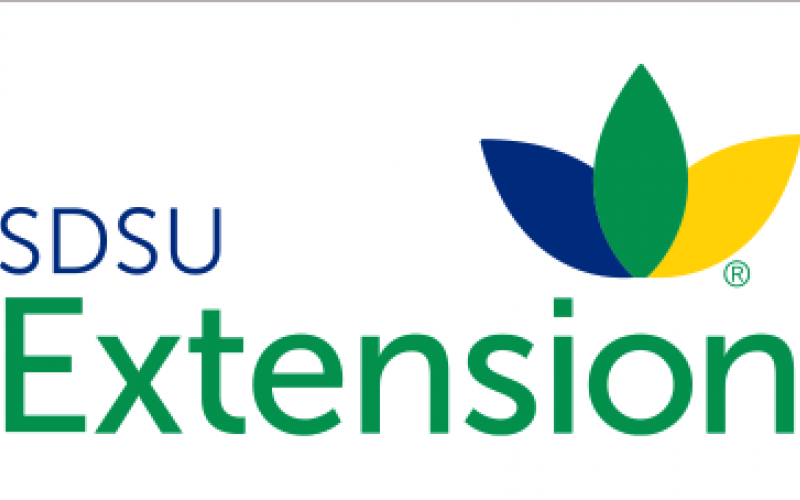
SDSU Extension Professionals Honored for Accomplishments
November 10, 2020
SDSU Extension professionals were recognized for a variety of achievements at the annual Fall Conference held virtually October 28-29.